
PMD Alliance unveils a revamped website, enhancing accessibility and resources for the movement disorder community as it celebrates its 10th anniversary.

PMD Alliance unveils a revamped website, enhancing accessibility and resources for the movement disorder community as it celebrates its 10th anniversary.

The CEO and cofounder of LSVT Global talked about how evidence-based therapies like LSVT LOUD and LSVT BIG can improve speech and movement in patients with Parkinson disease. [WATCH TIME: 5 minutes]
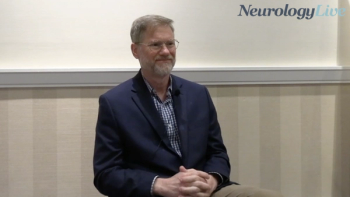
The director of the Movement Disorders Clinic at Houston Methodist Hospital outlined a stepwise approach for identifying, managing, and treating hallucinations in patients with Parkinson disease. [WATCH TIME: 3 minutes]

Experts shared their clinical perspectives on trending topics in the treatment and management of movement disorders at the 4th Annual Advanced Therapeutics in Movement and Related Disorders (ATMRD) Congress.

The CEO and cofounder of LSVT Global highlighted the importance of clinicians referring their patients with Parkinson disease early to evidence-based physical therapies, occupational therapies, and speech therapies. [WATCH TIME: 5 minutes]

At the 2025 ATMRD Congress, Anissa Mitchell, LCSW, chief program officer at PMD Alliance, discussed immersive, patient-focused sessions aimed at improving clinicians’ empathy, communication, and understanding of Parkinson disease and related disorders.
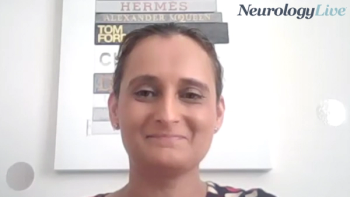
The medical director of CNS clinical cevelopment at AskBio discussed long-term data presented at ATMRD from the company’s phase 1b trial assessing the investigational gene therapy AB-1005 in Parkinson disease. [WATCH TIME: 6 minutes]
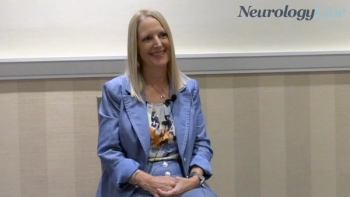
The chief program officer at PMD Alliance described an interactive program designed to help health care providers better understand the lived experience of patients with Parkinson disease and related movement disorders. [WATCH TIME: 6 minutes]
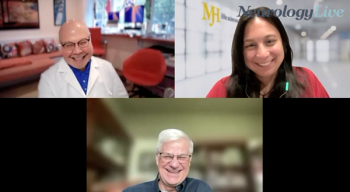
A duo of experts discussed a novel hybrid trial approach combining in-home video assessments with traditional visits to improve Parkinson disease research participation and assess a new investigational therapy. [WATCH TIME: 7 minutes]
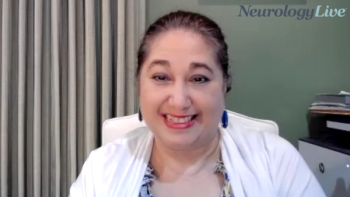
The movement disorder specialist and patient living with Parkinson disease highlighted the need for a more human-centered approach in managing chronic and progressive movement disorders. [WATCH TIME: 6 minutes]
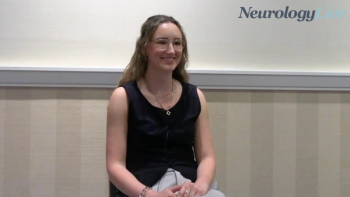
The neuropsychiatry researcher at King's College London highlighted significant gender differences in anxiety, depression, quality of life, and social support among patients with PD undergoing deep brain stimulation. [WATCH TIME: 5 minutes]
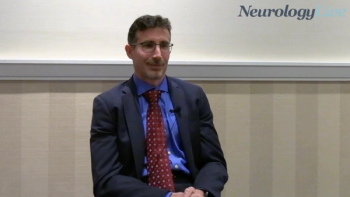
The assistant professor of medicine at Stanford University highlighted how gastrointestinal dysfunction in Parkinson disease can affect levodopa bioavailability and symptom management. [WATCH TIME: 7 minutes]

Laren Becker, MD, PhD, a physician-scientist at Stanford University, discussed how gastrointestinal dysfunction and peripheral dopaminergic activity impact Parkinson disease treatment and progression.

Continuous subcutaneous apomorphine infusion significantly reduces OFF episodes and enhances ON time in Parkinson's disease patients, improving overall health status.
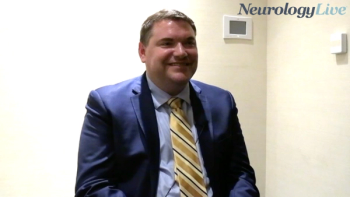
The neurologist at Christiana Care discussed how focused ultrasound may be emerging as a preferred, less invasive treatment option for essential tremor, especially in older patients with comorbidities. [WATCH TIME: 5 minutes]

The director of the Movement Disorders Clinic at Houston Methodist Hospital discussed the distinct features, progression, and clinical implications of psychosis in Parkinson disease. [WATCH TIME: 4 minutes]
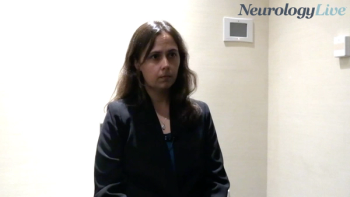
The movement disorder neurologist at University of Rochester Medical Center outlined a 5-pillar model that emphasized holistic care, patient-centered communication, and proactive support in movement disorders. [WATCH TIME: 5 minutes]
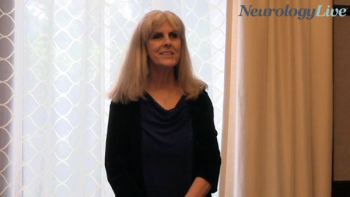
The professor of psychology at Avila University discussed how cognitive behavioral therapy and social support can help to improve quality of life for individuals with Parkinson disease. [WATCH TIME: 4 minutes]

The chief program officer at PMD Alliance discussed the value of combining experiential learning and holistic care strategies to support advanced therapeutics in Parkinson disease. [WATCH TIME: 4 minutes]
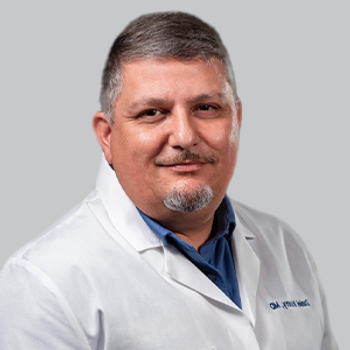
Daniel Irizarry, MD, a former physician and patient living with PD, discussed how hands-on simulation training could enhance clinician empathy and improve treatment strategies.

Cynthia Fox, PhD, CCC-SLP, CEO and co-founder of LSVT Global, discussed the evolution of rehabilitative therapies in PD and stressed early referrals for speech, physical, and occupational therapy.
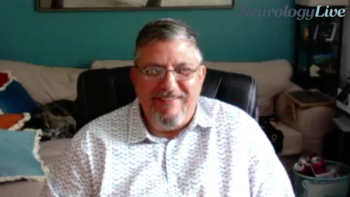
The medical advisor at Tactical Medical Solutions shared insights from both clinical and personal perspectives on the importance of empathy and active listening in managing Parkinson disease. [WATCH TIME: 3 minutes]

Jean Hubble, MD, a retired movement disorder specialist and consultant to the PMD Alliance, shares her reflections on National Women Physicians Day, the unique contributions of women in neurology, and the pathways to fostering future leaders in movement disorders care.


The executive director of the Association of Movement Disorder Advanced Practice Providers talked about a recent survey highlighting why patients with movement disorders may withhold critical health information from their providers.
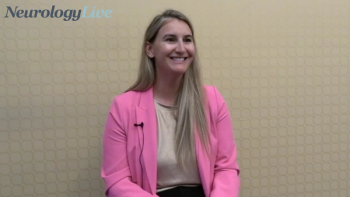
The executive director of the Association of Movement Disorder Advanced Practice Providers discussed how effective patient care in movement disorders can lead to better management and treatment outcomes. [WATCH TIME: 4 minutes]

Approximately 83% of patients reported that they did not disclose to their provider that they experienced symptoms or had concerns about living with a movement disorder.

As part of our monthly clinician spotlight, NeurologyLive® highlighted movement disorder expert Kelly Papesh, DNP, APRN, FNP-BC, executive director of the Association of Movement Disorder Advanced Practice Providers.

In collaboration with Robert A. Hauser, MD, MBA, the survey aims to understand the impact of tremors in patients with Parkinson disease.
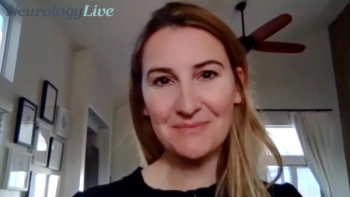
The clinical director of Parkinson & Movement Disorder Alliance shared her thoughts on potential therapies to increase management care options for patients with Parkinson disease. [WATCH TIME: 5 minutes]